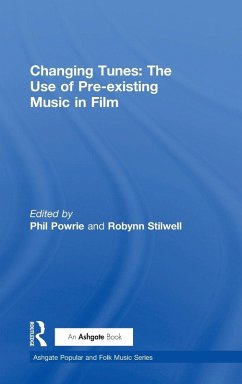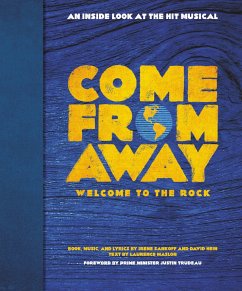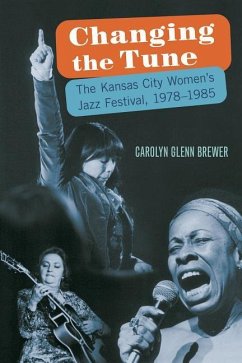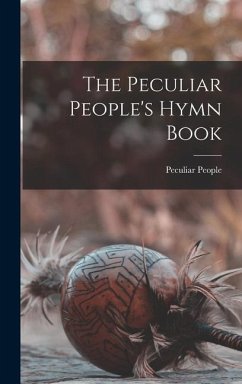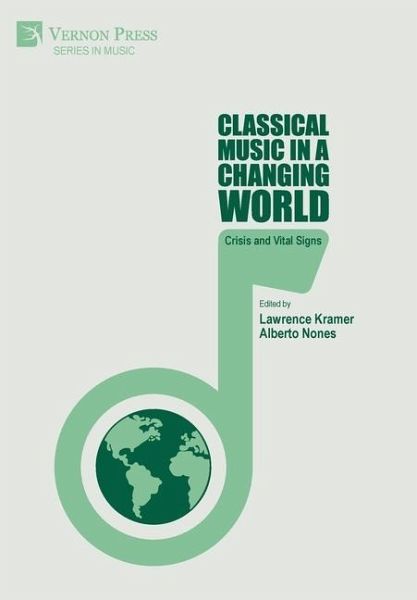
Classical Music in a Changing World
Crisis and Vital Signs
Herausgeber: Kramer, Lawrence; Nones, Alberto
Versandkostenfrei!
Versandfertig in über 4 Wochen
45,99 €
inkl. MwSt.

PAYBACK Punkte
23 °P sammeln!
In recent years classical music has become a test case for debates over the future of culture. As times have changed, the value traditionally placed on this music has been challenged on social rather than aesthetic grounds. Lovers of classical music have been asked how its privileged history can be reconciled with growing demands for social justice and social inclusiveness. They have been asked how the music's standing as one of the great accomplishments of the West can be reconciled with the many injustices on which those accomplishments in part depended. How can the future of classical music...
In recent years classical music has become a test case for debates over the future of culture. As times have changed, the value traditionally placed on this music has been challenged on social rather than aesthetic grounds. Lovers of classical music have been asked how its privileged history can be reconciled with growing demands for social justice and social inclusiveness. They have been asked how the music's standing as one of the great accomplishments of the West can be reconciled with the many injustices on which those accomplishments in part depended. How can the future of classical music escape the darker shadows of its past? 'Classical Music in a Changing World: Crisis and Vital Signs' addresses the crisis provoked by such questions in two complementary ways. Several of the chapters show how the classical music world is already grappling with the crisis, and finding vital signs beyond the borders of the music's traditional European strongholds: in Turkey from Ottoman times to the present, in Colombia, and in a Black American film. Other chapters identify areas that still need improvement, especially on behalf of female and LGBTQ+ musicians, and suggest how advances can be made both on concert stages and in schools. This volume, which opens with an introduction by Alberto Nones that contextualizes the book and outlines the main arguments of its chapters, contains an essay by Lawrence Kramer that examines the place of classical music in the history of consciousness-a history now changing rapidly-and concludes with a Postscript written by the two editors. The writing in this volume will be accessible to a wide audience, including scholars and students, professionals and amateurs, performers and listeners. Teachers will find it a source of lively classroom debate, and scholars a source of learning outside the usual arenas. The book's "vital signs" include the accompanying audio tracks (available for download at: https://vernonpress. com/book/1281), which feature vibrant music-making from a diverse range of performers and composers.



